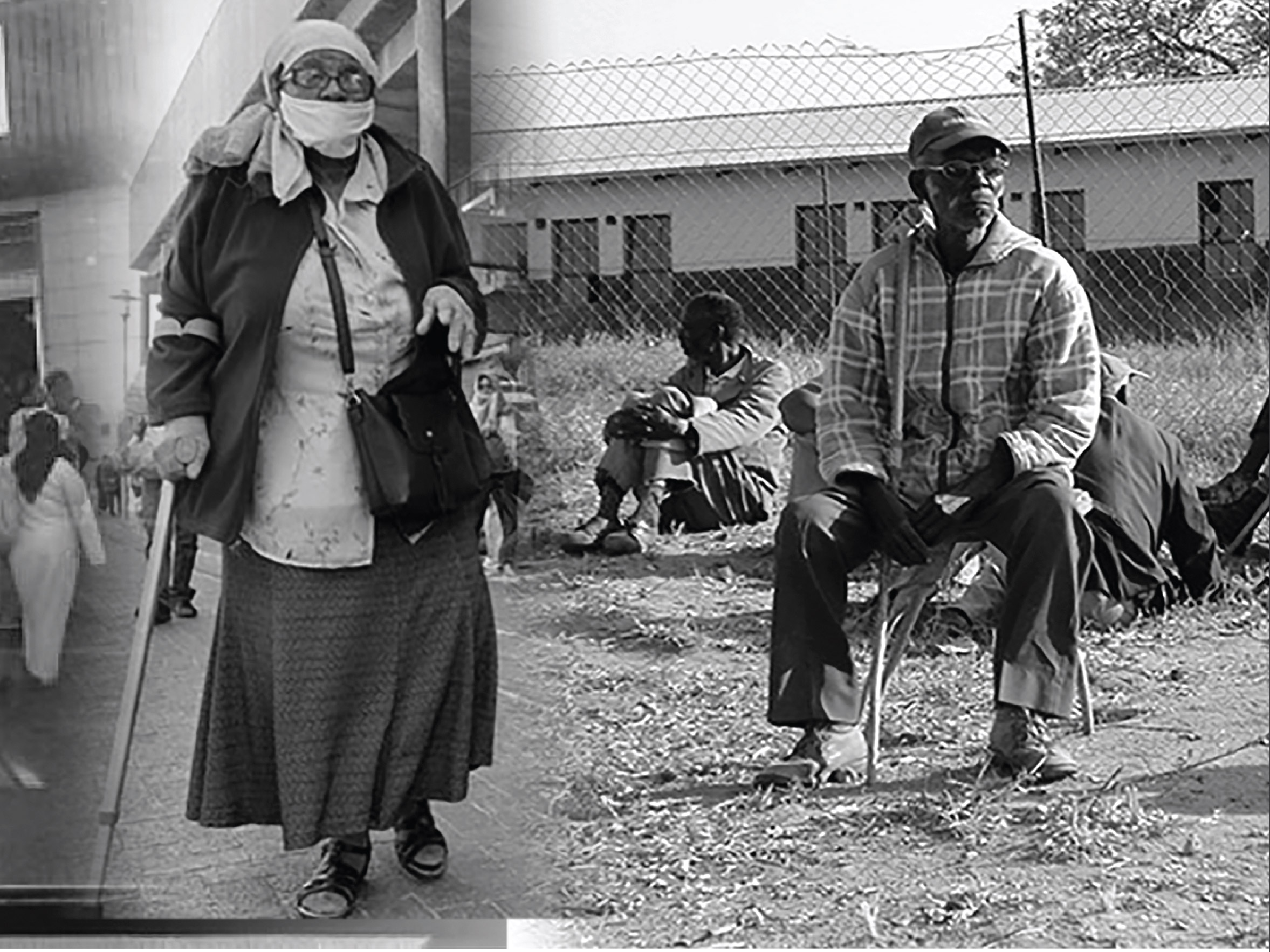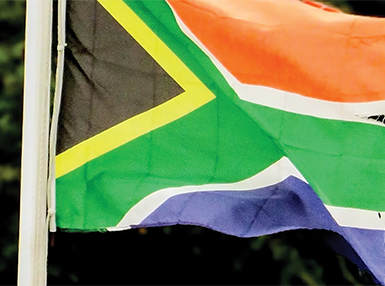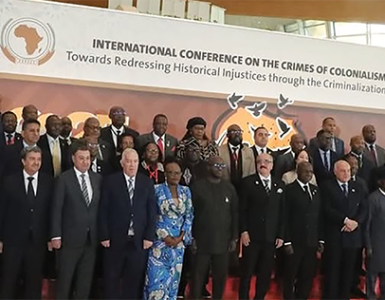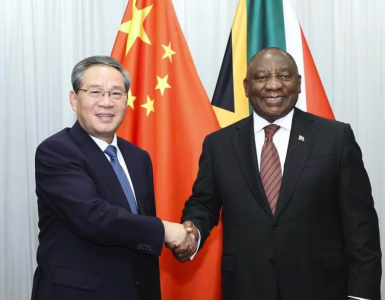RELIEF: in her speech, Zulu announces psycho-social support and family support interventions…
Today marks the beginning of the most important period in the department’s calendar. October is the Social Development Month in-as-much as it is South Africa’s Mental Health Month. Particularly in the midst of CoVID-19, when combined, these distinct focus areas draw our collective attention to the well-being of each South African.
Also, today’s launch takes place on the International Day for Older Persons, when the United Nations is commemorating the day against the theme “Digital Equity for All Ages”. Indeed, the meaningful accessibility of today’s digital and virtual infrastructures by older persons is our government’s priority as our broadcasting platforms are well on course migrating from analogue to digital.
Earlier this week, I visited and celebrated the birthday of the oldest person in South Africa – at 115 years – in the Greater Karoo, Ms, Margerate Marits – as part of our outreach programmes to the elderly.
For these reasons, as we launch “the Social Development Month”, we do so by calling for the full realisation of the capabilities and prospects of each South African, as well as the undoing of the violent legacy of colonial-apartheid.
In launching this month-long campaign under the theme, “Delivering DSD Services During COVID-19 in the Year of Charlotte Maxeke”, we do so through deepening active citizenship, supporting community initiatives and co-creating solutions with people where they live.
Working within the government-adopted District Development Model approach, this month the social development sector will be showcasing our services.
Likewise, the social development Sector will outline its practical implementation and reinforcements of a variety of our interventions where CoVID-19 impacted the lives of ordinary South Africans materially as well as where it gave rise to anxiety, fear, panic, depression, uneasiness, trust deficit and a range of insecurities.
These practical interventions range from psycho-social support, to family support programmes, to strengthening civil society and non-profit organisations that are addressing the pandemic of violence — particularly gender-based and children-targeted violence and trauma — to innovatively implementing our income support programmes, to upscaling food relief and food security efforts through solid partnerships.
There may be no better way for the social development sector to honour the enduring legacy of uMam ’uCharlotte Maxeke than to:
• meaningfully invest in addressing the economic exclusion of South Africa’s youth, women and persons with disabilities;
• devising policy and programmatic solutions that are designed to increase the accessibility of social development services in communities; and
• bridging the gap between — on the one hand — hunger, deprivation, alienation and impoverishment and — on another — efficiently directing our programmes to the people towards securing a life of decency and dignity.
Last year, the Social Development sector observed Social Development Month during a hard lockdown and it became difficult for us to reach out to rural communities and shelters where the vulnerable and senior citizens reside.
In observation of the travel and gatherings’ restrictions, we focused on ensuring that older persons living in and out of residential facilities were taken care of. In the process, a number of partnerships were established to enhance the efficiency and safety of our Residential Facilities. Latest among these is, among others, the vaccination of older persons on our facilities – including having rolling our vaccinations at high volume grant-access points.
During the 2021 Social Development Month, we will continue to seek ways to ensure that older persons are afforded the necessary and dignified services at all times.
While we implemented the Special CoVID-19 Social Relief of Distress (SRD) grant between May 2020 and April 2021, this benefited over 6 million new beneficiaries on a monthly basis, and we paid out almost R20 billion for this grant and almost R30bn for additional top-ups to existing grants during this period.
It would be recalled that on July 25, President Cyril Ramaphosa extended the payment of the CoVID-19 SRD grant to March 2022. As we speak, SASSA and the Department are hard at work providing income support to qualifying unemployed South Africans.
As of August, in excess of 13 million applications have been received for this grant. Noteworthy is the fact that 44% of these are new applicants with a total of about 4 570 357 applicants from caregivers.
The inclusion of caregivers in this grant was intentionally designed to effect gender fairness in the grant’s eligibility criteria and benefit. Therefore, we are resolute on dealing with the taken-for-granted measures whose net effect is the exclusion of women and vulnerable populations. To date, with this second iteration, just over 5.5 million qualifying applicants have already been paid.
Working together with the relevant institutions, SASSA and the Department have put mechanisms in place to deal with people who are illegally benefiting from this grant. Ill-gotten public funds will be retrieved from the perpetrators. We urge people who apply for this grant to ensure that they qualify – if you are receiving an income, please do not apply.
To this end, we are encouraged by President Cyril Ramaphosa’s recent weekly letter to the nation wherein he states, “This month, government launched a new Public Administration Ethics, Integrity and Disciplinary Technical Assistance Unit. The unit will build capacity within public bodies to institute disciplinary proceedings in cases of misconduct and cooperate with other organs of state in holding those responsible to account”. Consequently, we recommit ourselves to working together with this unit.
With regards to child and teenage pregnancies, we are as appalled with the growing prevalence of such pregnancies. We are of the view that, beyond strengthening families for them to protect South Africa’s children and youth, we should institute statutory rape charges against those who impregnated these young girls. Similarly, active steps should be taken to successfully re-instate these young girls back in school.
As I conclude, I am appealing to all sectors of society to spread the message of hope to the hopeless and most vulnerable South Africans. Your support remains important as we elevate our work beyond mere activities and move towards human-level outcomes and societal impact.
The accessibility of all the social development services to individuals, families and communities is non-negotiable for every South African. Now, make it a reality.































